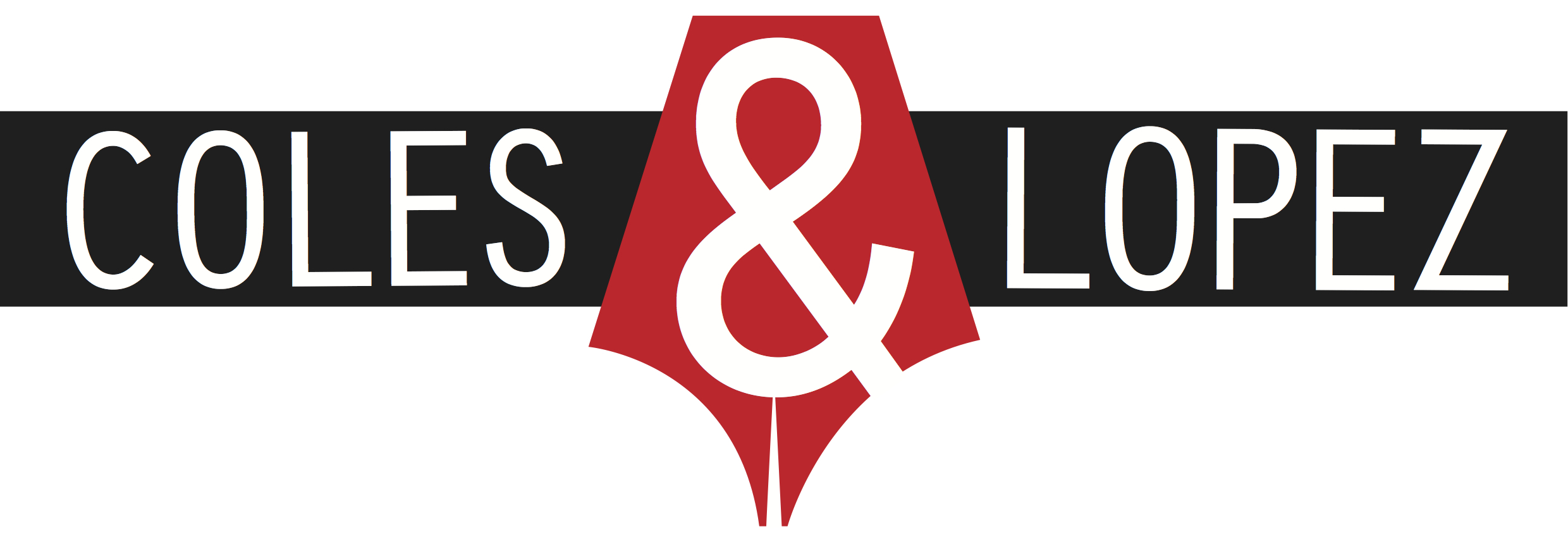I love you, you love me
Me or I? It’s a question so confounding that the band TV on the Radio wrote this awesome song about it. So bewildering that in an entire season of The Bachelor NZ, not one person managed to get it right. (“Me and Jordan make a really good couple.”)
In order to master the me–I distinction, you must first understand the basic components of a sentence. We covered this a few months ago in our blog about when to use “myself”, but a little refresher never hurts.
Subjects and objects
Every complete sentence contains, at the very least, a subject and a verb, where the subject is the doer of the action and the verb is the action itself: India writes. Many sentences also contain a direct object, the thing that “receives” the action: India writes a blog. And some also contain an indirect object, the thing that “receives” the direct object: India writes a blog for grammar-lovers.
“Me” and “I”
Sometimes, the sentence’s subject or object is a pronoun – a word that stands in for a noun. “I” and “me” are both pronouns, and they both mean the same thing. The only difference is that “I” is a subject pronoun and “me” is an object pronoun. In other words, you should use “I” as the subject of a sentence and “me” as the object (whether direct or indirect).
Barney, the hallucinatory dinosaur from the ’90s, said it best: “I love you / You love me / We’re as happy as can be.” In the first line, “I” is the subject, the person doing the loving. In the second line, “me” is the object, the person receiving the loving. And when we understand that rule, we are indeed as happy as can be.
Complications
Of course, any reasonably competent English speaker can get a sentence like “I love you” right without knowing the grammatical reasoning behind it. We would never say “me love you” or “you love I”, because they just sound wrong. Instead, we tend to run into trouble when two or more entities combine to make a compound subject or object. Let’s return to The Bachelor for some examples:
WRONG: Me and Jordan make a really good couple.
RIGHT: Jordan and I make a really good couple.
WHY? The words in bold are the subject of the sentence, so Naz should have used the subject pronoun “I”.
WRONG: Nothing really went wrong for Jordan and I.
RIGHT: Nothing really went wrong for Jordan and me.
WHY? The words in bold are the object of the sentence, so Gabs should have used the object pronoun “me”.
Note that we don’t say “I and Jordan make a really good couple” or “Nothing really went wrong for me and Jordan”. That’s because when you’re naming yourself as part of a compound subject or object, you should list yourself last. Think of it as a small act of grammatical politeness, like letting someone else go through the door before you.
The trick
When I was growing up, my mum constantly corrected my use of “me” and “I”. I would ask, “Can me and Isaac go to the park?” and she would reply, “Isaac and I.” Then she would add, “You wouldn’t say, ‘Can me go to the park?’”
At the time, it was extremely frustrating, but now I see she was right. If you’re confused about whether to use “I” or “me”, you can almost always work it out by removing the other party/parties from the sentence, like so:
WRONG: Nothing really went wrong for Jordan and I … Nothing really went wrong for I.
RIGHT: Nothing really went wrong for Jordan and me … Nothing really went wrong for me.
Thanks, Mum.
In a nutshell
“I” is a subject pronoun. Use it when the “I” is the subject of the sentence – the one doing the action. “Me” is an object pronoun. Use it when the “me” is the object of the sentence – the one receiving the action.
Compound subjects and objects, made up of multiple parties, are particularly confusing. To check that you’ve got your pronoun right, try deleting the other party and see if the sentence still makes sense.

